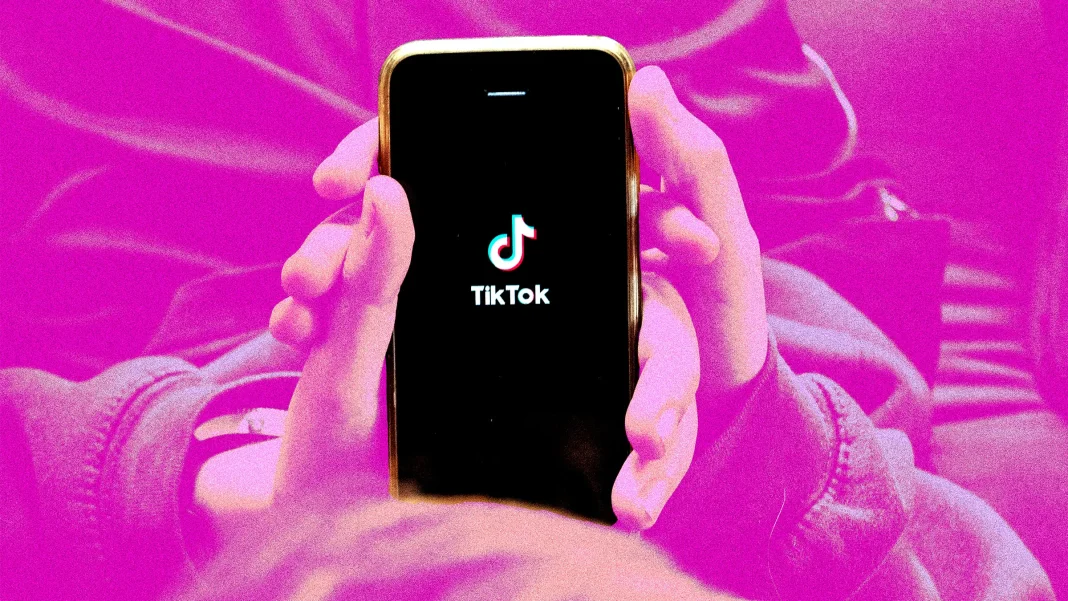The fate of TikTok USA has taken a dramatic turn as President Joe Biden has officially transferred the decision on banning or regulating the app to Donald Trump. The potential TikTok ban in US raises concerns over national security, data privacy, and US-China tech relations. With millions of users relying on TikTok to create and share content, the decision could have significant implications for social media platforms regulation in the US. The ongoing debate surrounding the US TikTok ban has sparked discussions about cybersecurity laws and the balance between national security and free speech.
Why is TikTok Facing a Potential Ban?
TikTok, owned by the Chinese company ByteDance, has been under scrutiny for:
Data Security Risks – The US government fears that TikTok shares American user data with the Chinese government, potentially violating cybersecurity laws. This concern extends to the ability to TikTok search username online, which could compromise user privacy.
Previous Ban Attempts – In 2020, the Trump administration attempted to ban TikTok, citing similar concerns, but the decision was blocked in court. This led to discussions about a potential TikTok ban bill and efforts to regulate TikTok to address security issues.
Political Pressures – The Biden administration has been under pressure to either ban TikTok or force ByteDance to sell its US operations, considering the app’s potential for content manipulation and misinformation spread. The Chinese government’s potential influence over TikTok’s operations remains a key concern.
Why is Biden Handing Over the Decision to Trump?
Avoiding Political Fallout – With young voters heavily engaged on TikTok, Biden may not want to alienate them before the 2024 Presidential Elections. The cultural impact of TikTok on American youth is a significant factor in this decision.
Trump’s Mixed Stance – Although Trump initially supported banning TikTok, he has recently softened his stance, suggesting a more regulated approach instead of a full ban. This shift could potentially affect the creator economy that has flourished on the platform and impact how users TikTok to share and consume content.
Possible Outcomes for TikTok
Complete Ban – The US could remove TikTok from app stores, cutting off access to its millions of users. This would add the United States to the list of TikTok banned countries, raising questions about how to recover TikTok videos after banned for affected users.
Forced Sale to a US Company – The government could force ByteDance to sell TikTok’s US operations to an American tech company, similar to past deals involving Microsoft and Oracle. This divestment could reshape the landscape of social media platforms in the US.
Regulated Operations – Instead of a ban, TikTok may be required to implement strict data-sharing restrictions and government oversight. This could involve changes to TikTok’s algorithm and content delivery system to address concerns about content censorship and manipulation, potentially affecting how users TikTok search username online.
Impact of a TikTok Ban
Tech Industry Disruption – A ban could affect thousands of US employees working for TikTok and have a significant economic impact on the creator economy that has flourished on the platform.
US-China Tensions – A forced sale or ban would likely escalate the US-China tech war, potentially leading to restrictions on other foreign technology companies operating in the US. This could further complicate relations between the US and Chinese government.
User Migration – Millions of TikTok users might shift to platform alternatives such as Instagram Reels, YouTube Shorts, or new emerging platforms, reshaping the social media landscape.
Global Context: TikTok Ban Country List
It’s worth noting that the US is not alone in considering a TikTok ban. Several countries have already implemented restrictions on the app due to similar concerns:
- India
- Pakistan (temporary bans)
- Bangladesh
- Afghanistan
This growing list of countries where TikTok is banned highlights the global nature of concerns surrounding the app’s data practices and potential ties to the Chinese government. In some cases, users have sought ways on how to download TikTok in India after ban, illustrating the app’s continued popularity despite restrictions.
Legal Challenges and Free Speech Concerns
Any decision to ban TikTok in the US could face legal challenges based on First Amendment protections. The Supreme Court may ultimately be called upon to weigh in on the balance between national security concerns and free speech rights in the digital age. The International Emergency Economic Powers Act, which has been cited in previous attempts to ban the app, could play a crucial role in these legal battles. The outcome may set precedents for how cybersecurity laws are applied to social media platforms.
Final Thoughts: What’s Next for TikTok?
With Trump now in control of the decision, TikTok’s future remains uncertain. The final outcome will depend on political considerations, national security concerns, and public reaction in the coming months. The decision could have far-reaching implications for internet hosting companies, the discoverability of content, and the overall landscape of social media platforms in the United States.
As the situation unfolds, it’s clear that the TikTok ban debate touches on broader issues of cybersecurity, international relations, and the role of foreign technology in the US market. Whatever the outcome, it’s likely to set a precedent for how the United States deals with popular apps and platforms owned by foreign entities in the future. Users concerned about potential bans may want to learn how to recover TikTok videos after banned as a precautionary measure.
The TikTok controversy underscores the complex interplay between technology, national security, and international relations in our increasingly interconnected digital world. As governments grapple with these challenges, the balance between security concerns and the free flow of information remains a critical issue for policymakers and users alike.
BY – YASHWANTH



